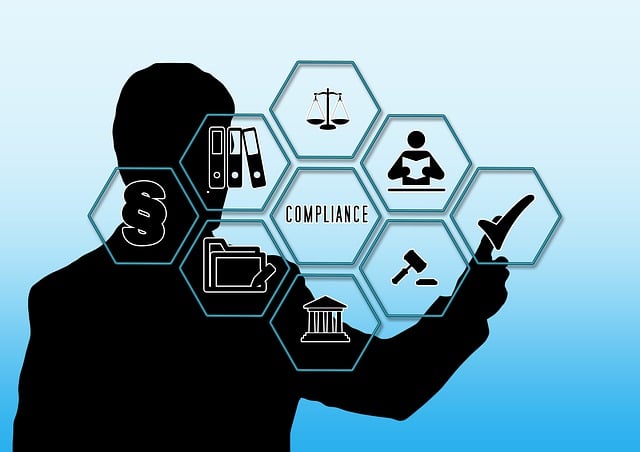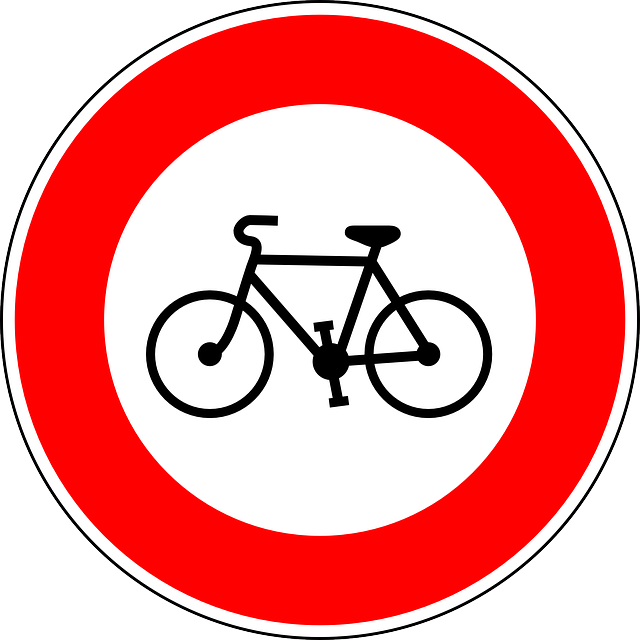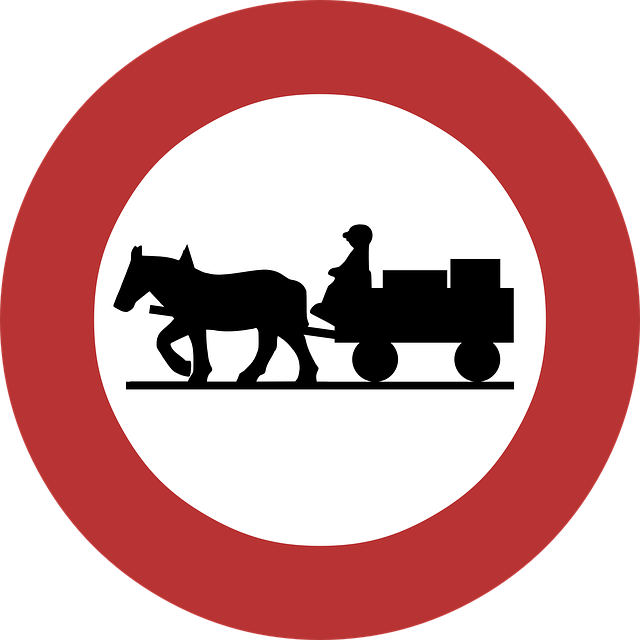In the UK, Compliance and Regulatory Documents require precise UK translation services to navigate a complex legal landscape and avoid non-compliance. Professional translators ensure accuracy, maintain integrity, and understand industry terminology, cultural nuances, and local regulations. Choosing reputable firms with native-speaker expertise, advanced tools, and a proven track record is essential for effective compliance in sectors like finance, healthcare, and law. Human translation excels over machine translation for nuanced, culturally relevant documents, especially when staying updated on legislative changes.
In today’s globalised business landscape, accurate translations are non-negotiable for navigating complex UK compliance processes. This article delves into the critical importance of professional translations for regulatory documents in the UK, exploring key considerations from technical and legal nuances to the impact of human vs. machine translation. We’ll guide you through choosing the right services, presenting case studies of successful implementations, and offering best practices for maintaining compliance through effective communication. Discover how top-tier translation services can revolutionise your UK-focused operations.
- Understanding the Importance of Accurate Translations for UK Compliance
- Navigating Regulatory Document Translation Requirements in the UK
- Choosing the Right Professional Translation Services for Your Needs
- Ensuring Quality and Accuracy in Technical and Legal Translations
- The Impact of Human vs Machine Translation in Compliance Processes
- Case Studies: Successful Translations for Complex UK Regulations
- Best Practices for Maintaining Compliance Through Effective Communication
Understanding the Importance of Accurate Translations for UK Compliance

In the UK, accurate translations play a pivotal role in ensuring compliance with regulatory documents. As businesses operate within a complex legal framework, professional translation services are essential to navigate this landscape effectively. The precision and fluency of translated content can have significant implications, from avoiding legal non-compliance to facilitating seamless cross-border trade.
When dealing with compliance processes, even minor errors or misunderstandings in translated texts can lead to severe consequences. Professional translators, however, bring expertise and a deep understanding of both languages and cultures, ensuring that every document is not just word-for-word accurate but also contextually appropriate for its intended audience. This level of precision is vital to maintaining integrity and accuracy across all compliance and regulatory documents.
Navigating Regulatory Document Translation Requirements in the UK

Navigating the complex landscape of regulatory document translation in the UK is a crucial aspect of ensuring compliance with local laws and regulations. Businesses operating within the UK, especially those with international reach, must be adept at understanding and meeting translation requirements to avoid legal pitfalls. Professional translation services play a pivotal role in this process, offering expertise tailored to the nuances of UK compliance.
Compliance with regulatory documents involves more than just translating texts; it demands an in-depth knowledge of industry-specific terminology, legal frameworks, and cultural subtleties. UK translation specialists are adept at handling such documents, including safety data sheets, user manuals, and clinical trial protocols, ensuring accurate and culturally appropriate translations. These services enable companies to present their information in a clear, consistent manner, thereby facilitating regulatory approval processes and minimizing the risk of non-compliance.
Choosing the Right Professional Translation Services for Your Needs

Choosing the right professional translation service is paramount for effective compliance with UK regulatory requirements. When dealing with crucial documents such as legal contracts, medical research papers, or financial reports, accuracy and precision are non-negotiable. Look for providers who specialize in your industry and have a proven track record of handling compliance and regulatory documents. Reputable firms will employ native speakers with extensive subject matter expertise, ensuring not just fluent translations but also an understanding of the nuanced terminology specific to your sector.
Additionally, consider the technological capabilities of the translation service. Many modern platforms offer advanced tools for term consistency, machine translation post-editing, and quality assurance checks, which can significantly enhance efficiency and accuracy. These features are particularly important when dealing with high-volume or time-sensitive projects. Ensure the service aligns with your compliance goals, whether it’s meeting language accessibility standards, ensuring data privacy, or adhering to specific legal terminology requirements in the UK.
Ensuring Quality and Accuracy in Technical and Legal Translations

When it comes to compliance and regulatory documents in the UK, accuracy is paramount. Technical and legal translations demand a meticulous eye for detail to ensure that nuanced meanings are preserved across languages. Professional translation services must employ qualified linguists who not only possess expert knowledge of both source and target languages but also a deep understanding of the industry-specific terminology used in these documents. This ensures that regulatory requirements are met and potential legal pitfalls avoided.
To guarantee quality, reputable UK translation services implement rigorous quality assurance processes. These may include multiple rounds of review by subject matter experts, proofreading, and editing to catch any slips or inconsistencies. Advanced tools like machine translation and terminology databases can also aid in maintaining accuracy and consistency, but human expertise remains indispensable for complex technical and legal translations.
The Impact of Human vs Machine Translation in Compliance Processes

In the realm of compliance and regulatory documents in the UK, the choice between human and machine translation can significantly impact the outcome. While machine translation has revolutionized the industry with its speed and accessibility, especially for high-volume tasks, it often falls short when dealing with nuanced language, technical jargon, or cultural references specific to the UK legal landscape. Human translators, on the other hand, bring expertise, precision, and a deep understanding of regulatory terminology, ensuring accuracy and consistency across critical compliance materials.
For instance, in complex legal documents, human translators can adapt language to convey subtle meanings, avoid ambiguities, and maintain the intended tone—essential aspects that machines struggle to replicate. UK translation services specializing in compliance often employ skilled professionals who stay updated with legislative changes, enabling them to provide translations that align perfectly with local requirements. This level of customization and expertise is vital for organizations aiming to navigate the intricate web of British regulations with confidence.
Case Studies: Successful Translations for Complex UK Regulations

In the complex landscape of UK compliance and regulatory documents, professional translations play a pivotal role in ensuring accuracy and consistency. Case studies highlight successful projects where specialized translation services have navigated intricate legal and financial jargon to deliver precise, culturally adapted texts. These examples demonstrate the importance of expert translators who understand not just the language, but also the nuances and implications of UK regulations.
By leveraging advanced translation technologies and industry-specific knowledge, leading UK translation services have successfully translated complex documents for diverse sectors, from finance and healthcare to technology and pharmaceuticals. Each case study showcases a unique challenge, such as adapting regulatory guidelines for regional variations or localizing technical manuals for diverse market requirements. The outcome is not just accurate translations but fully compliant, culturally sensitive documentation that facilitates smoother operations across the UK and beyond.
Best Practices for Maintaining Compliance Through Effective Communication

Maintaining compliance across various industries in the UK requires clear, accurate, and consistent communication—especially when dealing with regulatory documents. Professional translation services play a pivotal role in ensuring that every piece of information is conveyed precisely, adhering to local linguistic nuances and legal terminology. This meticulous approach is crucial for avoiding misunderstandings and potential penalties.
Effective communication strategies involve rigorous quality assurance processes, including proofreading and native speaker review, to catch even the subtlest errors. Translators must stay updated on industry-specific terminology and evolving regulatory landscapes to provide the most current and relevant translations. By fostering open dialogue between clients and translators, businesses can ensure their compliance and regulatory documents are not only linguistically sound but also tailored to meet specific UK requirements.
Professional translations are indispensable for navigating the complex landscape of UK compliance and regulatory documents. By choosing the right translation services, ensuring quality and accuracy, and understanding the impact of human versus machine translation, businesses can foster effective communication that adheres to legal requirements. Case studies highlight successful implementations, demonstrating the importance of meticulous translation in achieving compliance. Ultimately, prioritizing professional translation services is a game-changer for organizations aiming to thrive within the UK’s regulatory environment.
